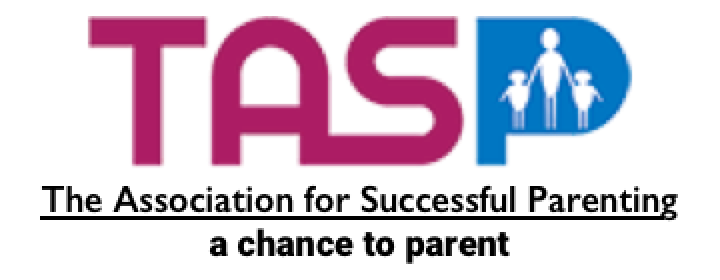People with intellectual disabilities aspire to relationships and the same full lives as other people. This includes the important role of becoming parents. To assist agencies and organizations in assessing their current work, and planning for future work, The Association for Successful Parenting (TASP) has developed an agency self-assessment tool around supporting and advocating for parents with IDD.
Please use and share the PDF below, which includes our Organizational Self-Assessment on Supporting and Advocating for Parents with I/DD as an Underserved Population, a self-assessment tool that an agency, program or state department can use to examine support for parents with I/DD at the local, regional or state level. It also includes suggested activities to improve services and supports for parents with I/DD. As you consider your agency’s needs and goals, please think about parents with I/DD.
TASP – Organizational Self-Assessment
The TASP-OSA is a self-assessment tool that an agency, program or state department can use to examine support for parents with I/DD at the local, regional or state level. The OSA-TASP is intended to help you gather information useful in long term planning (e.g. 5-year plans). The TASP-OSA provides you with guiding questions in the following nine service areas.
- Outreach
- Program Evaluation
- Policy
- Environment
- Staff Training
- Service Models
- Leadership
- Human and Legal Rights
- Quality
The OSA-TASP is intended for UCEDDs, P & A Projects, DD Councils, Child Welfare Agencies, Developmental Disability Program or Service Agencies, Centers for Independent Living, Self-Advocacy Organizations, Health Care Agencies and Early Intervention Programs, and more.
THE OSA-TASP was developed by self-advocates and board members serving on the TASP Advocacy Committee.
Directions
Identify one or more staff persons with in-depth knowledge of your organizational policies and practices to complete the self-assessment and share the results with a planning group. Each question may be scored on a scale of 1-5 (1=we have not begun addressing, 2= under discussion 3= under development, 4=we will prioritize addressing this, 5=we will prioritize this in our 5-year plan) keeping the following in mind:
- N = No
- Y = Yes
- NS = Not Sure
- NA = Not applicable
- D = Under discussion
- DV = Under development
While you can obtain an overall score by calculating the number of items that you scored with a “yes”, that is not as important as using this tool to decide what steps, (if any) your organization can plan to take to strengthen services for this underserved population. TASP is available to answer questions if you are not sure of what a specific item means or how it might apply to the agency where you work. Direct any questions to info@achancetoparent.net and we will ask a member of our staff or board to contact you. Also, we encourage you to access the rets of the TASP website.
Please Fill Out The Assessment Below To Have The OSA Form Emailed To You!
Why should you use our Organization Self-Assessment on Supporting and Advocating for Parents with I/DD?

Because time and time again, individuals with I/DD tell us they want to be parents, yet they do not consistently receive the support they need to fulfill that life goal. Being a parent is part of basic life needs, just as any activity of daily living, and we know that with support, parents with I/DD can be great parents! Individuals with I/DD deserve our time and attention to help them lead their lives to the fullest, which may include becoming a parent. Yet often, agencies don’t know what they don’t know. This self-assessment tool will help you and your staff look at what you do, what you could do, and next steps to ensure everyone has a chance to parent.
What our training participants across the country have told us about services and supports for parents with IDD in their area:
- Only 61% say there are effective supports for parents with IDD their area.
- Only 61% say there is funding designated or available to provide needed supports and services to parents with IDD in their area.
- 50% identify long waiting lists to provide services to parents with IDD in their area.
- 62% feel staff at their agency or in their area are trained in working with parents with IDD.
WE CAN DO BETTER!
